Many companies see the potential to manufacture certain products in outer space, where factors such as low temperatures, zero gravity, and vacuum exist.
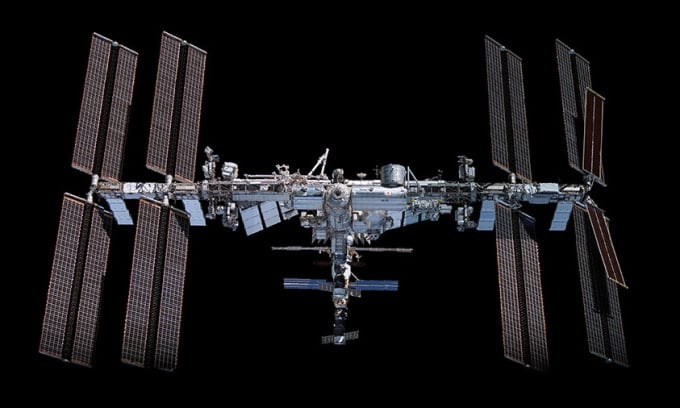
The International Space Station (ISS) taken from SpaceX's Crew Dragon spacecraft. Photo: NASA
For some startups, the most pressing question in manufacturing today is: How to build computer parts, harvest stem cells and manufacture pharmaceuticals in space?
Manufacturing in space is already happening, at least at the research level, the Guardian reported on September 26. NASA is awarding $2m to scientists to study whether zero gravity can help create new gene therapies and stem cells. US defence giant Northrop Grumman is partnering with a startup to manufacture semiconductors in space. By the end of the decade, one expert said, humans will be using objects containing some elements created outside Earth.
Benefits of space factories
Billionaire Jeff Bezos thinks that heavy manufacturing and air-polluting industries could operate far away from Earth. "It sounds far-fetched, but it will happen," he said.
According to proponents of building manufacturing plants in space, certain conditions in space, including low temperatures, near-zero gravity and vacuum, allow certain materials, such as crystals, to be produced with better quality than on Earth.
“Space is a much better place to do almost any industrial process. We live on a planet where gravity is holding us down. We’ve created ovens, refrigerators and vacuum pumps to help manufacture products on Earth, but if you go to space, you get those benefits for free,” said Joshua Western, CEO of Space Forge, a Wales-based aerospace technology manufacturer.
Some pharmaceutical companies hope to produce new drugs in space. Merck is collaborating with the International Space Station (ISS) to produce proteins in zero gravity. Astronauts conducting experiments for Merck found that crystals grown to produce the cancer drug Keytruda were smaller and more uniform than crystals grown on the ground.
Researchers at Bristol Myers Squibb (BMS) are experimenting with using resources created off-planet to make drugs easier to store. The company is working on a range of problems including immunology, fibrosis, cardiovascular disease, and neuroscience, according to Robert Garmise, vice president of materials science and engineering at BMS.
Kevin Engelbert, NASA's Space Manufacturing Applications portfolio manager, said the agency has been working with commercial partners to make manufacturing off-Earth since 2016. The goal is to develop a low-Earth orbit economy that will cement America's leadership in the technology world.
In July, the American startup Varda Space Industries launched a spacecraft into Earth orbit. The spacecraft is intended to be a “space drug factory,” automatically producing crystals of ritonavir, an antiviral drug used to treat HIV.
But as the spacecraft prepared to land in Utah, the Federal Aviation Administration (FAA) and the US Air Force denied Varda’s request to return to Earth. According to an FAA spokesperson, Varda did not have permission to re-enter the Earth’s atmosphere before launching his vehicle into space. Varda asked the FAA to reconsider its decision on September 8, and the request is pending.
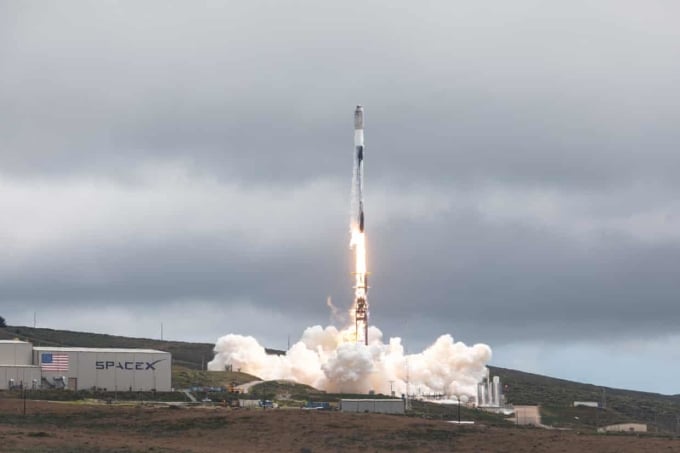
In July, Varda launched a spacecraft into Earth orbit. Photo: Varda Space Industries
The development potential of space factories
As more private spacecraft launch, the need for on-orbit manufacturing will increase, according to Sita Sonty, CEO of Space Tango, a company that partners with the ISS to provide facilities to support research, development and manufacturing in microgravity.
Space manufacturers predict that the number of products manufactured in space will increase by the end of the decade as the ISS is no longer the only research facility in space (the ISS is scheduled to be decommissioned around 2030). The more private vehicles in space, the greater the opportunity for off-Earth factories.
"With the advent of more commercial space stations, the cost of going to space will drop significantly. The more flights we have, the more samples of drugs and stem cells we can send to see how they work in orbit. It won't be long before we see commercial applications," Sonty said.
Thu Thao (According to Guardian )
Source link


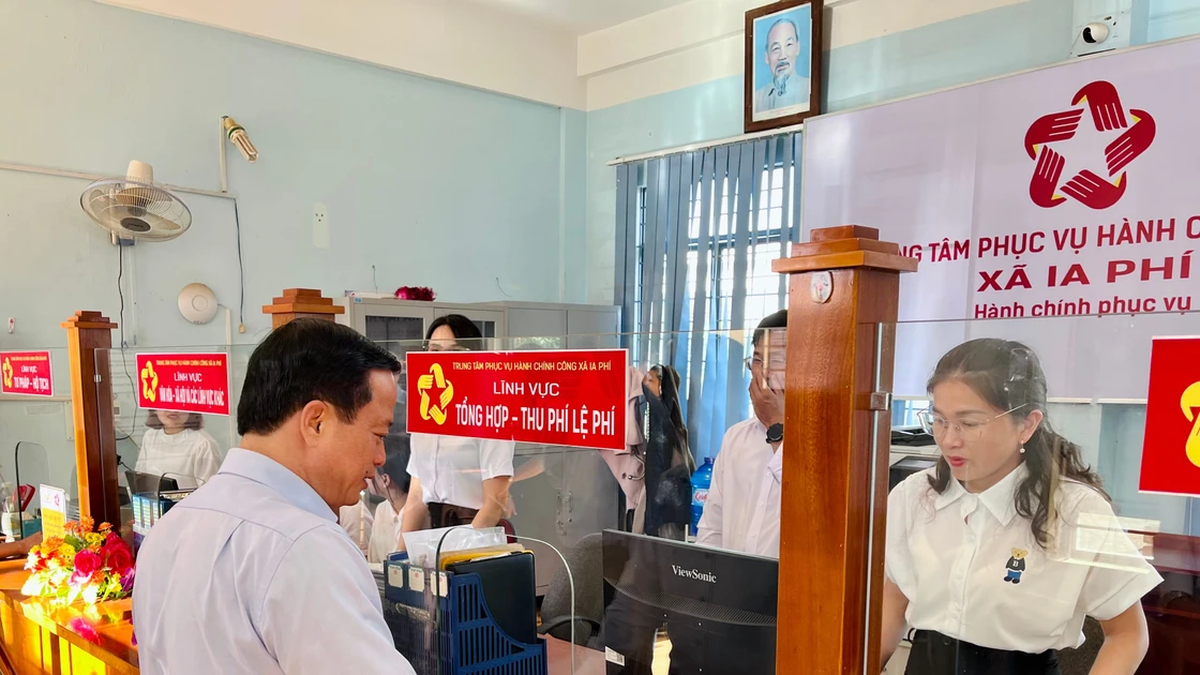
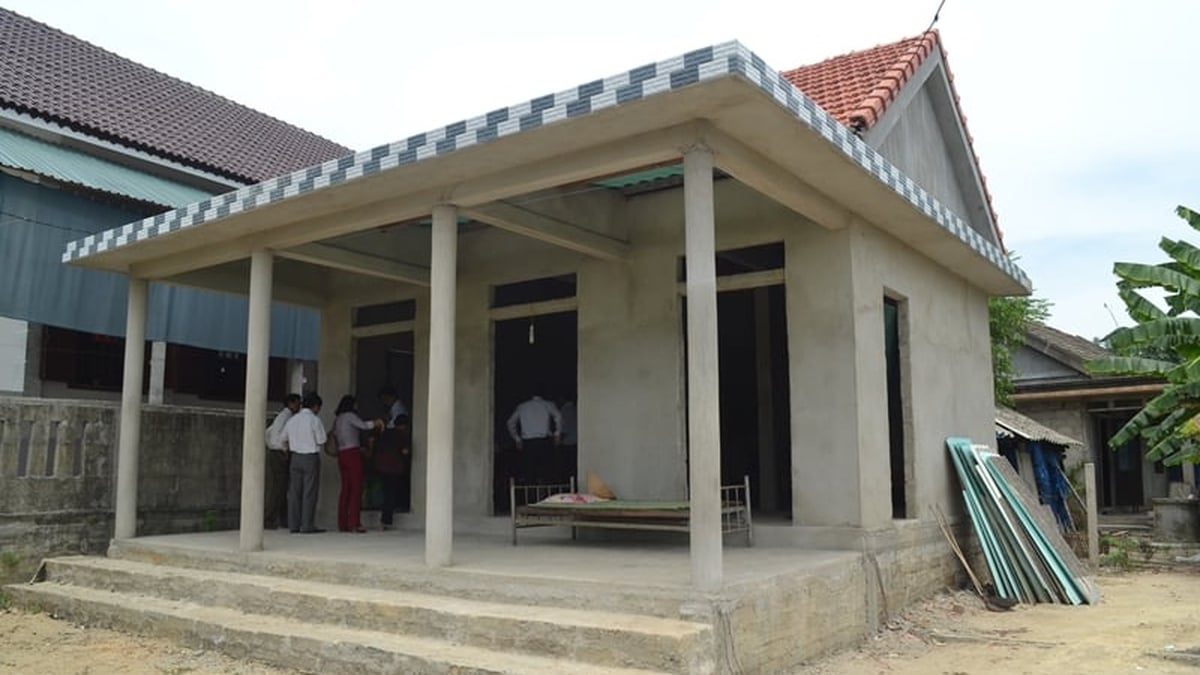
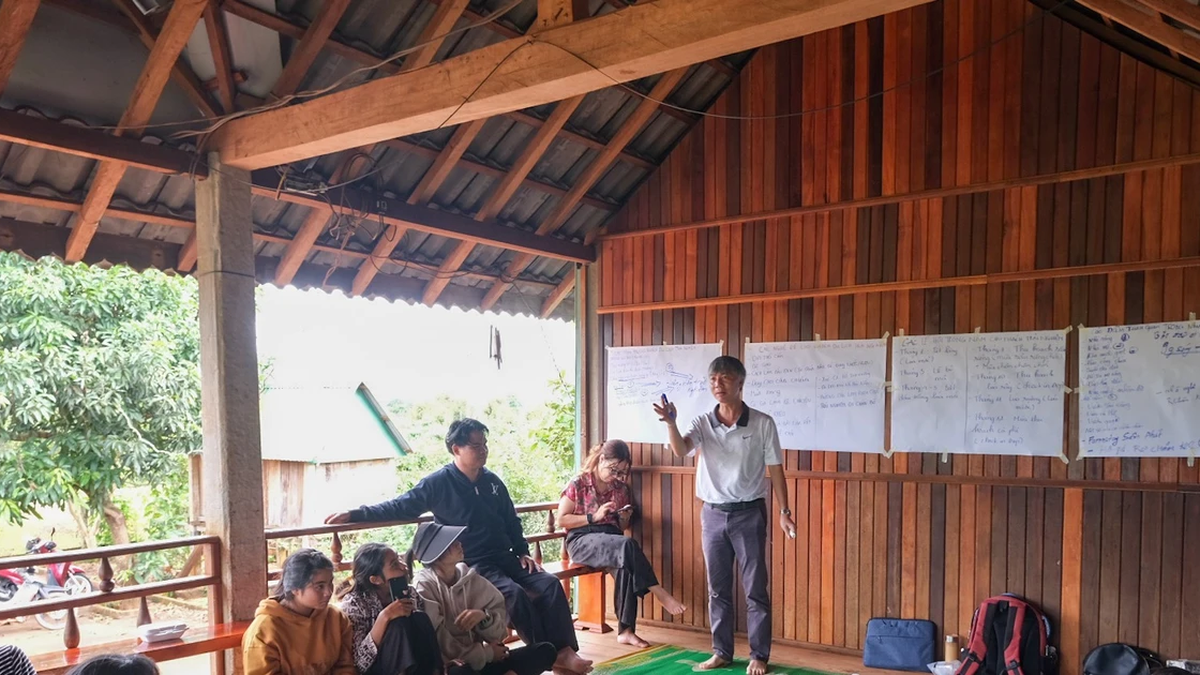



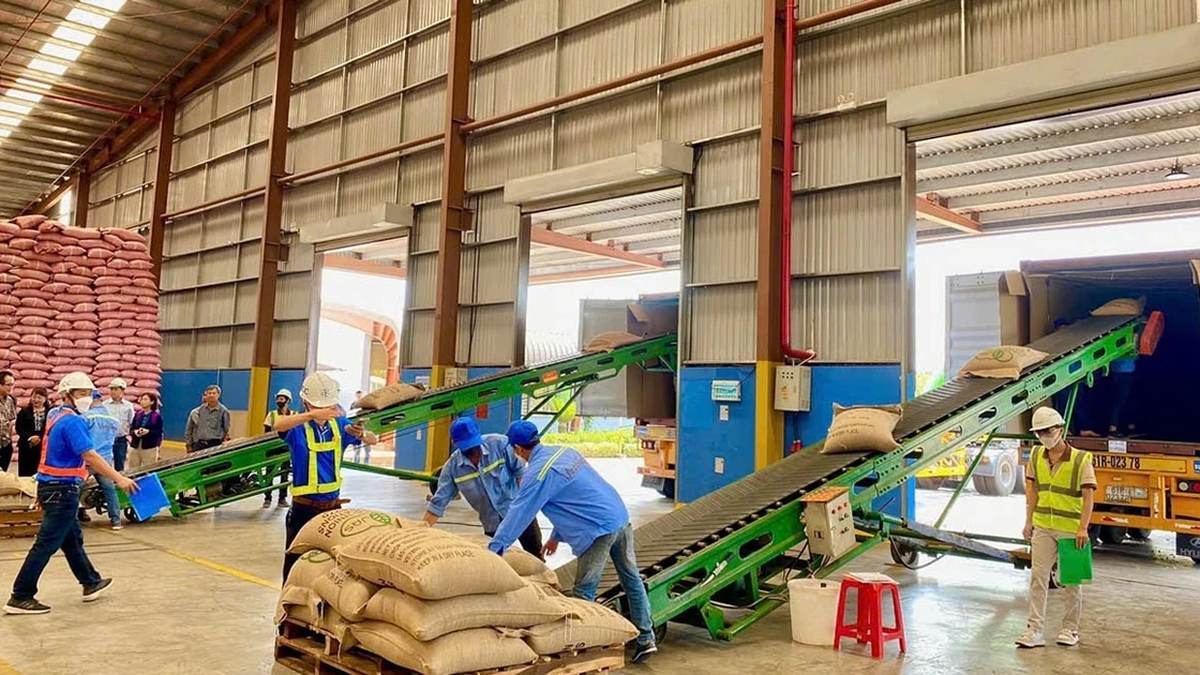
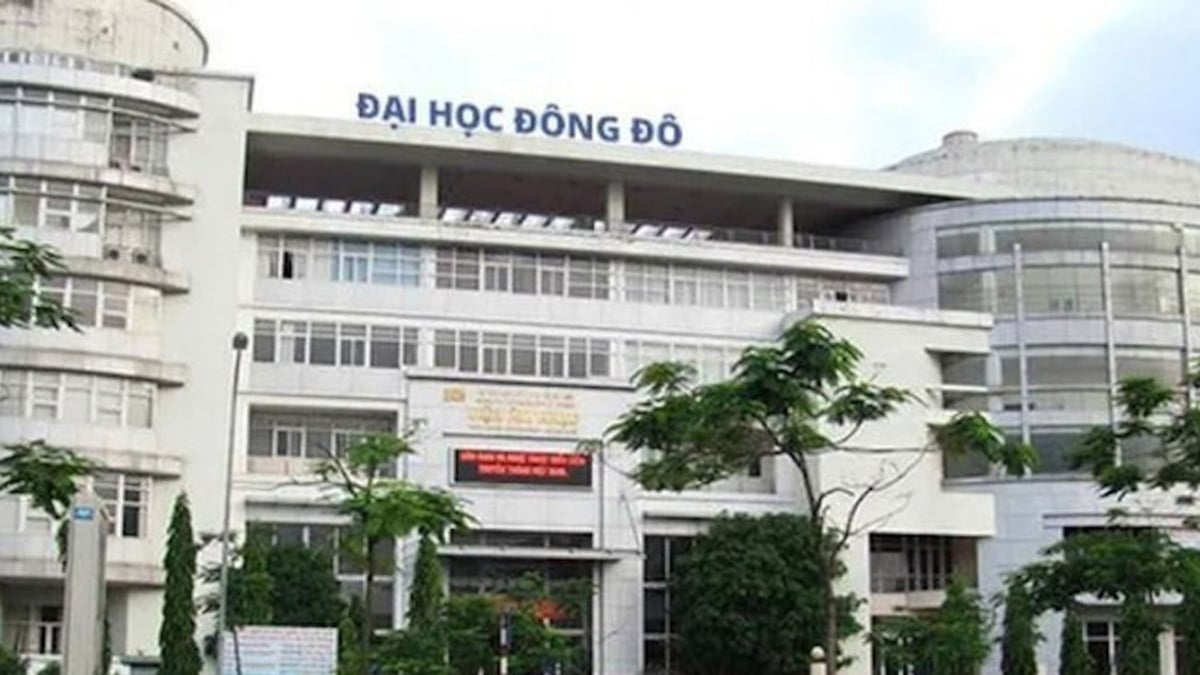
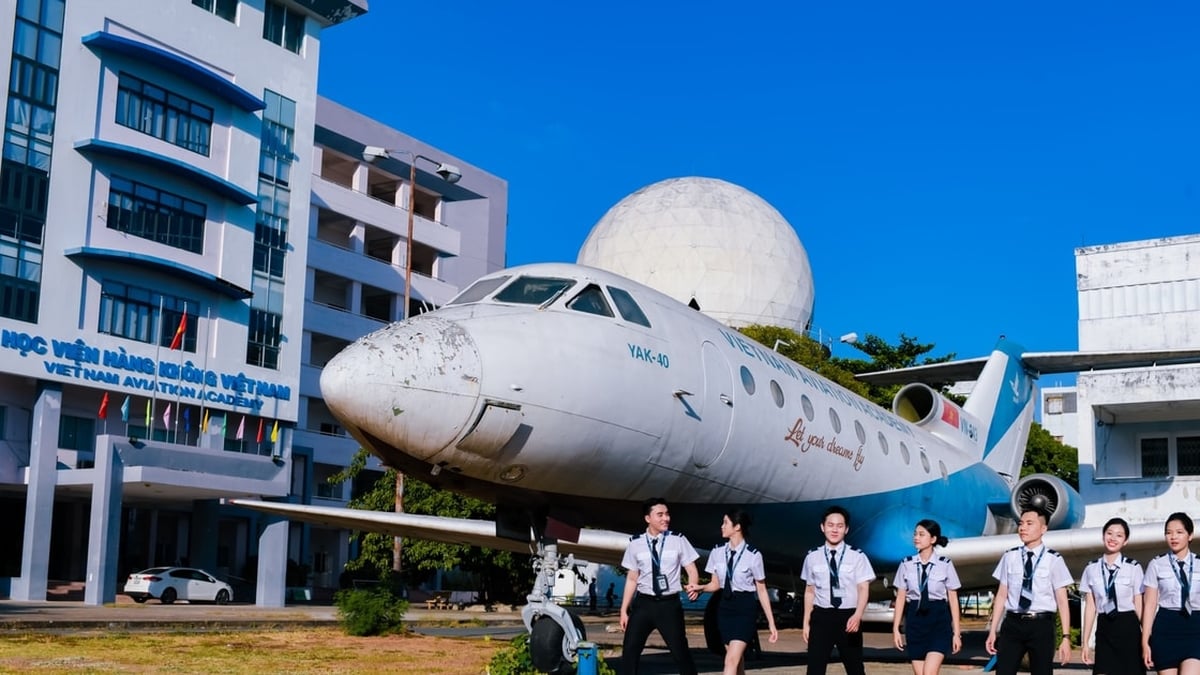

















































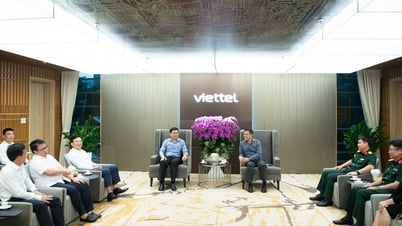








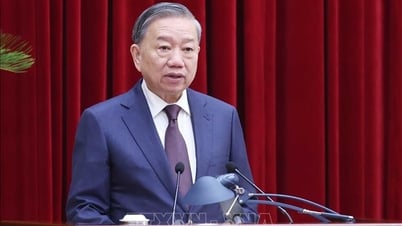

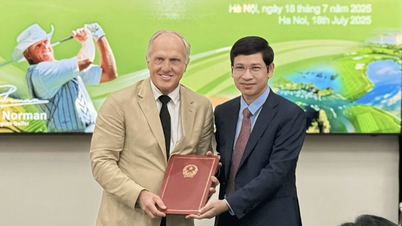

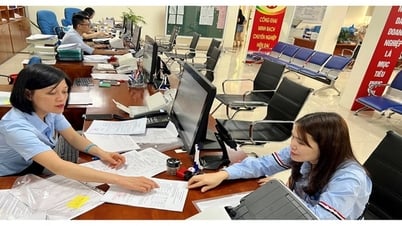

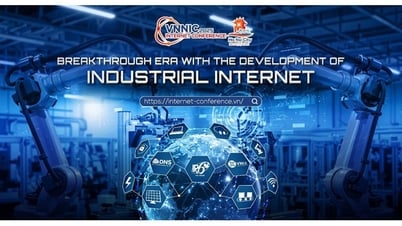
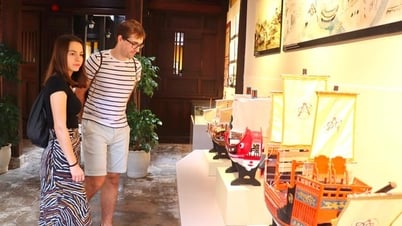

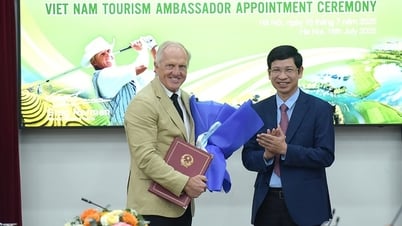


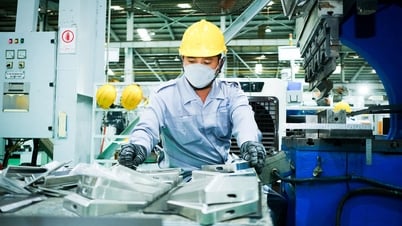














![[Infographic] In 2025, 47 products will achieve national OCOP](https://vphoto.vietnam.vn/thumb/402x226/vietnam/resource/IMAGE/2025/7/16/5d672398b0744db3ab920e05db8e5b7d)







Comment (0)